Q. What cloaks the empire and turns a mighty movement into a mirage?
A. Narrow partisan politics.
When anti-war activism plays second-fiddle to “follow the leader” the chosen champion and the opposing villian loom so large that they become the main focus of attention obscuring the empire and dumbing the movement down.
But, build independent peace organizations — of any kind for any project — and we will put the movement on a firm foundation. If history is a guide, the most effective and committed voices for peace will come from an independent position largely outside of electoral activity. Applying stronger “outside” pressure on “inside” politicians and parties is the best recipe.
As Ajamu Baraka details in Black Agenda Report, anti-war activism driven by partisan loyalty is weak and limited. Partisan activism substitutes loyalty to a party for loyalty to our class interests and our political or environmental values — all of which demand peace and dismantling of empire. This is as true for the anti-interventionist conservatives that followed Trump to war as it is for the Democrats that only oppose Republican-led aggression.
Here is the essential history. The 2003 global demonstrations before the Gulf War were the largest peace demonstrations ever. But the size of the movement masked weakness: millions of those protesters lacked a truly political or anti-imperial opposition to war. The moderate tone of the protests failed to deliver either sustained disruption or systemic analysis. Going from weakness to weakness, the inability of even gigantic demonstrations to stop war further discouraged many. And, far too many protested only the outrages of Bush — a Republican President.
Obama, on the other hand, extended Bush’s wars and relied on drones, mercenaries and “moderate rebels” to lower US casualties and hide the war from the public. Obama won the Nobel Peace Prize and made everything seem cool again –including war. As the partisan protesters dropped out — comfortable with a Democrat in the White House — the real anti-war movement struggled just to survive.
Once again hopes ride high that politicians will save us but an anti-war movement with eyes on the prize must avoid a narrow partisan approach.
To state the obvious: the empire in its current form is not a mere policy choice of particular politicians or parties. Rather, it is a system of alliances and military bases that enforce a global order. The current US empire is an interlocking structure that merges the corporation and the state — the Military-Industrial-Complex being the prototype of that merger. Since WWII both Democrats and Republicans have supported the empire with few exceptions.
Even still, it’s kind of amazing that the leading Democrats — in the middle of impeachment proceedings — supported the 2020 NDAA giving Trump a green light for war. Huge war budgets, a new Space Force, the elimination of all restrictions on the power of presidential wars and the use of force against Iran and Venezuela handed Trump the keys.
The hawks in control of the Democratic Party must be taken to task. Look here to see who voted for the NDAA in the Senate, who voted against it and who did not vote at all.
A shallow partisan stance will not lead us to anti-imperialism but we can counter with messages that emphasize the cultural and systematic nature of war and empire. The deep culture of war is hate and fear of the “other” contrasted to our own exceptional innocent white morality. Whether you go around stirring up the hate and fear of immigrants, or women, or Blacks — or Iranians, Muslims, Russians, or Chinese — you are stirring the imperial pot.
If we are only against hate and fear when the Republicans do it we are not against war.
May the Sanders and Gabbard campaigns turn us toward love and compassion. But, this empire has deep roots far beyond the reach of electoral activity. Show me a single example in world history of an empire dismantled in an orderly fashion by an election.
What Are Our “Units of Power?”
Let’s help people make the transition beyond the pro-war, pro-corporate consensus that dominates US politics. That transition will be primarily based on personal experience in a poly-centered movement large enough, diverse enough and audacious enough to disrupt the existing order.
If there is a clear formula for scaling up from the hopeful but small movements of today to more massive movements — I do not know what it is. But for starters, it cannot hurt to connect empire abroad with empire at home, anti-austerity efforts with opposition to the poverty draft, and the peace movement with the environmental movement. That’s big synergy for sure.
But synergy needs structure. Pick any project you like, of course, but build organizations to seed a larger movement and to tide us over between dramatic moments of protest.
“Recognizing that no army can mobilize and demobilize and remain a fighting unit, we will have to build far-flung workmanlike and experienced organizations.”
“Our most powerful nonviolent weapon is, as would be expected, also our most demanding, that is organization. To produce change people must be organized to work together in units of power” — Martin Luther King
There is widespread anti-war sentiment but without “units of power,” these attitudes will not become a mass movement.
The empire is a giant machine cranking out racism, misogyny, poverty and climate chaos. War is coming for your children and your planet. Make the connection between war and your community.
Units of power are best built along the paths to anti-imperialism. The Embassy Protectors; Women’s March on the Pentagon; the Black Alliance for Peace; National Network Opposing the Militarization of Youth; GI Rights Hotline; US Labor Against the War; Code Pink and the Poor Peoples Economic Human Rights Campaign are a few prime examples of how to connect communities to the peace movement.
Digital warriors can get in the loop with Americans for Peace and Human Rights, Berners Against Militarism, Tulsi Gabbard Peace Movement and Stop the War Machine.
Or maybe best of all go totally local. Local chapters of Veterans for Peace are working hard as are community-based groups like St. Pete for Peace, Chelsea Uniting Against the War or No F-35 Fighter Jets in Madison.
Sporadic waves of protest, party politics, and appeals to morality will not be enough to reach millions of people. It’s our job — if we truly oppose wars — to build units of power and prove that war and empire are against the economic and political interests of the vast majority of the American people.
Our narrative: the empire is the weapon of the 1%; the engine of austerity; the enforcer of hate and hierarchy; the cause of climate change and the enemy of freedom. Our countermove: organize the unorganized.
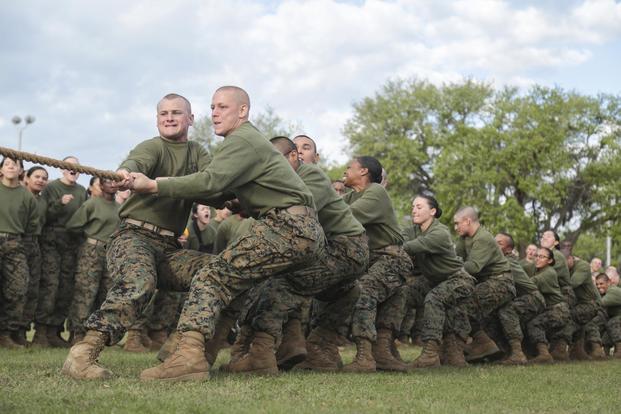 By Edward Hasbrouck / Resisters.info / COMD -
By Edward Hasbrouck / Resisters.info / COMD -
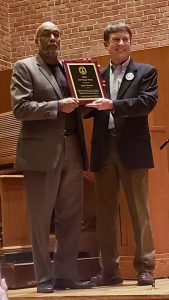
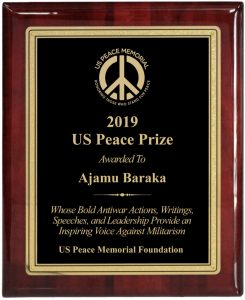 But how can people participate? To help continue this important work, join the list of individuals, organizations, and US Peace Prize recipients who are
But how can people participate? To help continue this important work, join the list of individuals, organizations, and US Peace Prize recipients who are 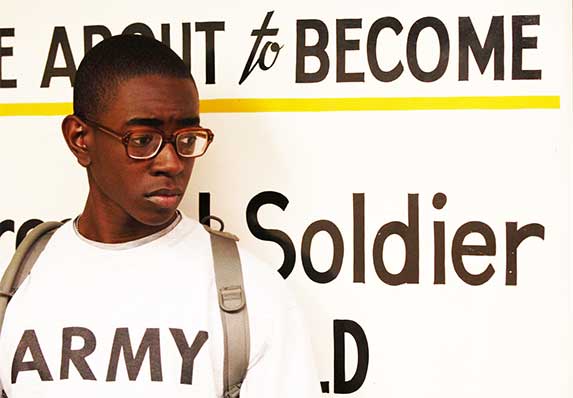 by Rolando Zenteno / Facing South - Since the U.S. ended the draft in 1973, young adults from Southern states* have been
by Rolando Zenteno / Facing South - Since the U.S. ended the draft in 1973, young adults from Southern states* have been 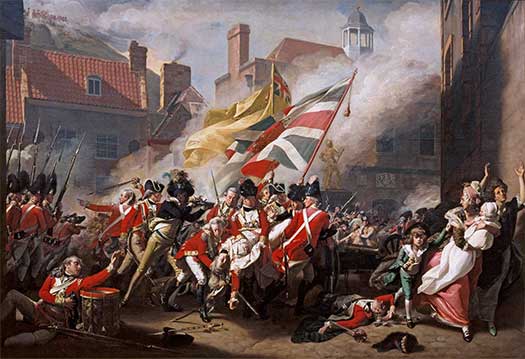 Matt Reimann /
Matt Reimann / 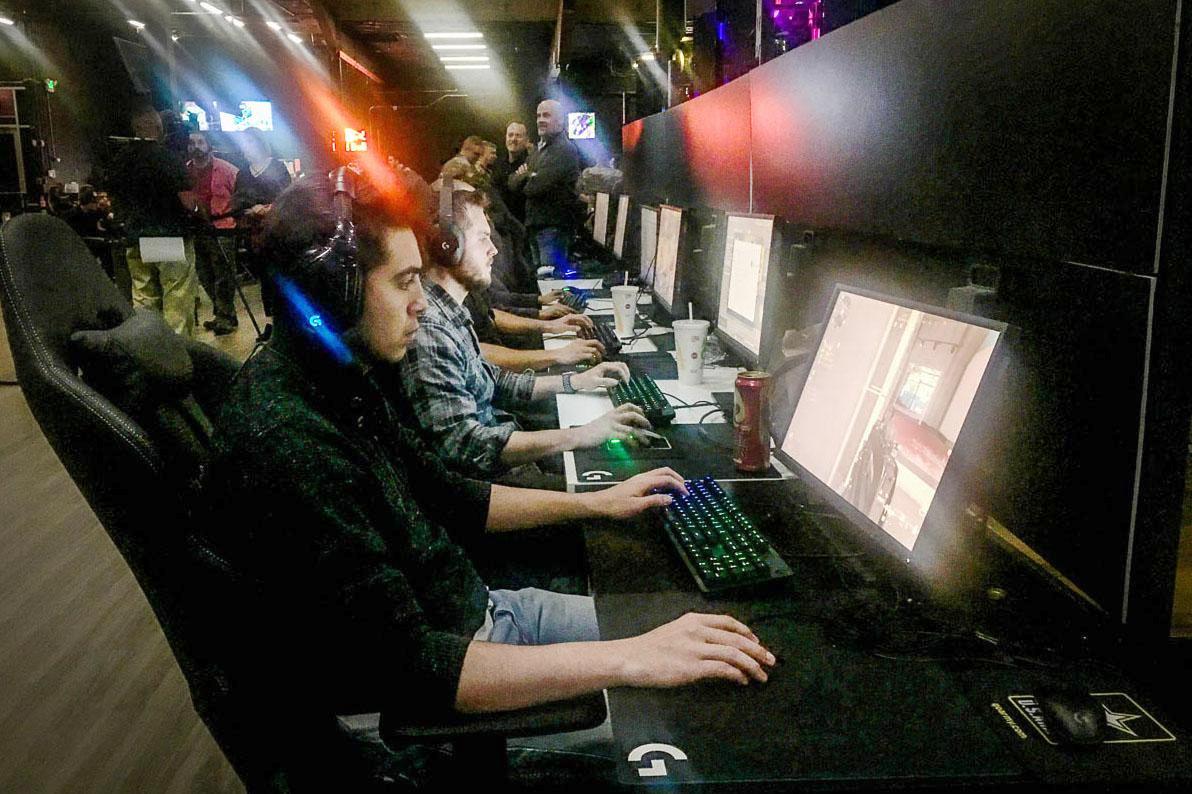 One of the figures hunched over a computer in the darkness huffs in disappointment.
One of the figures hunched over a computer in the darkness huffs in disappointment. Though the
Though the  David Swanson is the author of the new book, Daybreak: Undoing the Imperial Presidency and Forming a More Perfect Union, by Seven Stories Press and of the introduction to The 35 Articles of Impeachment and the Case for Prosecuting George W. Bush by Dennis Kucinich. In addition to cofounding AfterDowningStreet.org, he is the Washington director of Democrats.com and sits on the boards of a number of progressive organizations in Washington, DC.
David Swanson is the author of the new book, Daybreak: Undoing the Imperial Presidency and Forming a More Perfect Union, by Seven Stories Press and of the introduction to The 35 Articles of Impeachment and the Case for Prosecuting George W. Bush by Dennis Kucinich. In addition to cofounding AfterDowningStreet.org, he is the Washington director of Democrats.com and sits on the boards of a number of progressive organizations in Washington, DC. Jorge Mariscal is the grandson of Mexican immigrants and the son of a U.S. Marine who fought in World War II. He served in the U.S. Army in Vietnam and currently teaches at the University of California, San Diego.
Jorge Mariscal is the grandson of Mexican immigrants and the son of a U.S. Marine who fought in World War II. He served in the U.S. Army in Vietnam and currently teaches at the University of California, San Diego. Matt Guynn plays the dual role of program director and coordinator for congregational organizing for On Earth Peace, building peace and nonviolence leadership within the 1000+ congregations of the Church of the Brethren across the United States and Puerto Rico. He previously served a co-coordinator of training for Christian Peacemaker Teams, serving as an unarmed accompanier with political refugees in Chiapas, Mexico, and offering or supporting trainings in the US and Mexico.
Matt Guynn plays the dual role of program director and coordinator for congregational organizing for On Earth Peace, building peace and nonviolence leadership within the 1000+ congregations of the Church of the Brethren across the United States and Puerto Rico. He previously served a co-coordinator of training for Christian Peacemaker Teams, serving as an unarmed accompanier with political refugees in Chiapas, Mexico, and offering or supporting trainings in the US and Mexico. Rick Jahnkow works for two San Diego-based anti-militarist organizations, the Project on Youth and Non-Military Opportunities and the Committee Opposed to Militarism and the Draft. He can be reached at:
Rick Jahnkow works for two San Diego-based anti-militarist organizations, the Project on Youth and Non-Military Opportunities and the Committee Opposed to Militarism and the Draft. He can be reached at:  Pat Elder was a co-founder of the
Pat Elder was a co-founder of the 